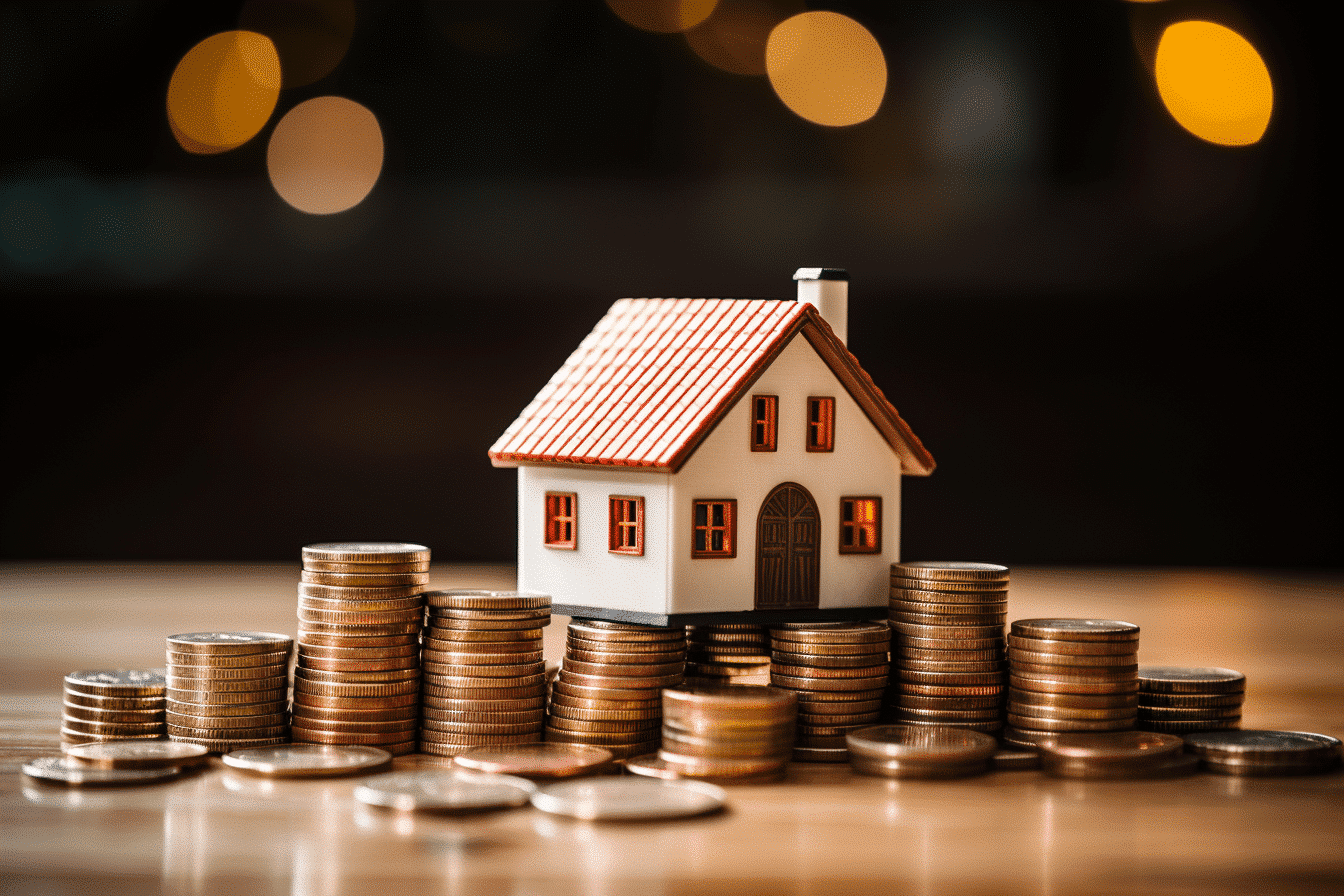The real estate market in the United States has been on a steady rise, with homeowners collectively holding an astounding $30 trillion in home equity, according to data from the St. Louis Federal Reserve.
Home equity serves as a valuable financial resource, offering homeowners the flexibility to tap into it for various purposes. However, what if you find yourself in the position of having no equity in your home? This scenario, often resulting from minimal or zero down payments on certain types of home loans, carries significant consequences that can impact your financial stability and options.
Borrowing Against Your Home Becomes Unavailable
One of the immediate consequences of lacking equity in your home is the inability to borrow against it. Traditional options such as home equity loans or home equity lines of credit (HELOCs) become off-limits.
This limitation can be particularly challenging if you’re seeking financing for home renovations or other significant expenses. In such cases, individuals often turn to personal loans as an alternative source of funding.
Mortgage Management Challenges
Many homeowners enter into mortgage agreements with the assumption that they’ll comfortably manage their payments. However, life’s circumstances can change, making it difficult to keep up with mortgage obligations. When you lack home equity, falling behind on mortgage payments can have severe repercussions. Mortgage lenders may eventually resort to foreclosure, forcing the sale of your home.
It’s crucial to note that foreclosure can happen even if you have substantial equity in your home. The critical distinction is that having equity provides an opportunity to sell the property at a price that covers the outstanding mortgage balance, preserving your credit score and financial well-being. Conversely, a lack of equity can leave you in a precarious position.
Strategies to Build Home Equity
While the absence of equity can present challenges, there are proactive steps you can take to build it over time. If you’re considering homeownership, making a down payment, even if it’s not the conventional 20%, is a crucial first step. Every dollar put down initiates the process of accumulating equity.
Additionally, consider making extra mortgage payments to reduce the principal loan amount. This approach not only shortens the loan term but also increases your equity. Home improvements that raise your property’s value are another effective means of building equity. Though these endeavors require upfront investment, they contribute significantly to your financial stability.
The Key to Financial Stability and Future Flexibility
Home equity is a valuable asset that provides homeowners with financial flexibility and security. It allows for various borrowing options and provides a safety net when unforeseen financial challenges arise.
While certain mortgage programs permit no down payments, it’s advisable to aim for some level of initial investment to kickstart the equity-building process. Furthermore, making extra payments and enhancing your home’s value are effective strategies for strengthening your financial position.
In a real estate market with fluctuating conditions, building and maintaining home equity can be a wise long-term financial strategy.




